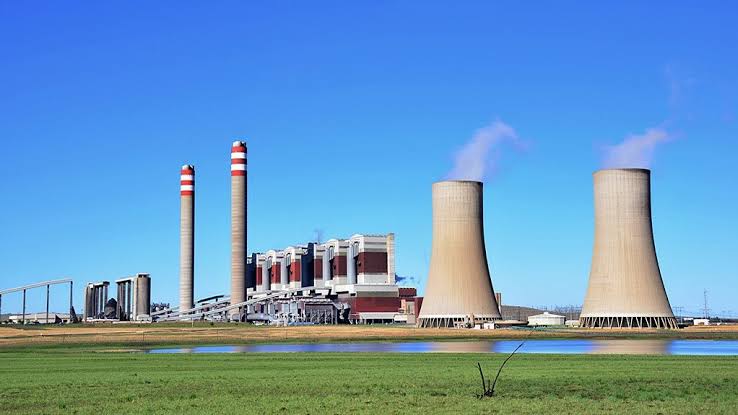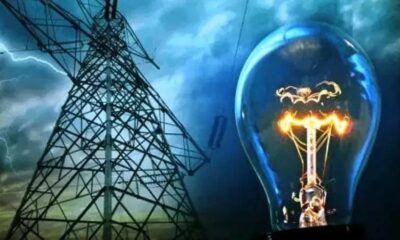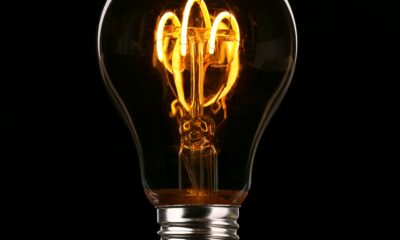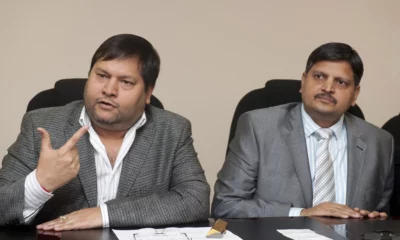News
South Africa’s Power Struggle: Why Eskom’s Grip on the Grid Holds the Country Back

South Africa’s Power Struggle: Why Eskom’s Grip on the Grid Holds the Country Back
South Africa’s electricity sector has long been a political battleground. Every load-shedding stage, every regulatory dispute, and every delay in reform reflects a bigger fight: who controls the future of power in the country.
For years, South Africans were told that restructuring Eskom would clear the way for more reliable energy. The plan was simple on paper: split the utility into three entities, separate transmission from generation, and open the door for private players. Yet, more than two decades after the 1998 Energy White Paper set this direction, the country is still stuck.
Eskom’s Double Role: Judge and Player
The biggest sticking point is Eskom’s role as both the generator of electricity and the owner of the grid. Critics argue this creates a built-in conflict of interest. An independent Transmission System Operator (TSO) with its own assets would solve this. Investors, too, want a clean structure. Transmission companies with strong balance sheets attract cheaper finance, which is crucial for expanding the grid.
But instead of letting go, Eskom management has hinted at keeping transmission assets under Eskom Holdings and leasing them to the TSO. This halfway house may protect Eskom’s influence, but it risks crippling the TSO’s independence and financial credibility. The knock-on effect is less money for new grid lines and fewer opportunities for private renewable projects to plug into the system.
Regulators and Ministers Caught in the Crossfire
The regulator, Nersa, has already clashed with Eskom over interim grid allocation rules. At the same time, the Minister of Electricity and Energy has reportedly told Eskom not to challenge trading licences for independent power traders in court. These disputes highlight the deep mistrust between key institutions.
Instead of a united drive toward reform, South Africa has institutions pulling in different directions. The result is paralysis, where no side wins and ordinary South Africans are left with blackouts and higher costs.
The Leadership Crisis
It is tempting to blame Eskom’s leadership alone. Yet the issue is bigger. The electricity sector sits inside a web of competing interests: municipalities that fear losing revenue, regulators under pressure to balance politics with policy, and private investors frustrated by red tape.
What is missing is credible leadership with the legitimacy to align these actors behind a shared vision. Without this, Eskom’s grip on the grid will continue to block investment, stunt renewable growth, and slow the economy.
Why It Matters for South Africans
Electricity is more than a technical problem. It is the backbone of growth, job creation, and social protection. A clear focus on “investing in energy security to enable sustainable, low-carbon industrialisation and universal access to electricity” would resonate with citizens and investors alike.
If South Africa gets this right, the rewards are huge:
-
Reliable energy supply
-
Faster GDP growth
-
A competitive edge for local industries
-
New jobs across the renewable sector
-
Affordable electricity for vulnerable households
If it stays stuck in infighting, the cycle of crisis will continue.
The Way Forward
The first step is obvious: Eskom must release transmission assets to a fully independent TSO. Anything less risks repeating the same cycle of delay. From there, regulators, municipalities, and private players need clarity, not constant policy reversals.
South Africans deserve more than another round of promises. The electricity sector’s future hinges on whether the country is bold enough to break Eskom’s grip and invest in the grid that powers everyone.
{Source: IOL}
Follow Joburg ETC on Facebook, Twitter , TikTok and Instagram
For more News in Johannesburg, visit joburgetc.com


























